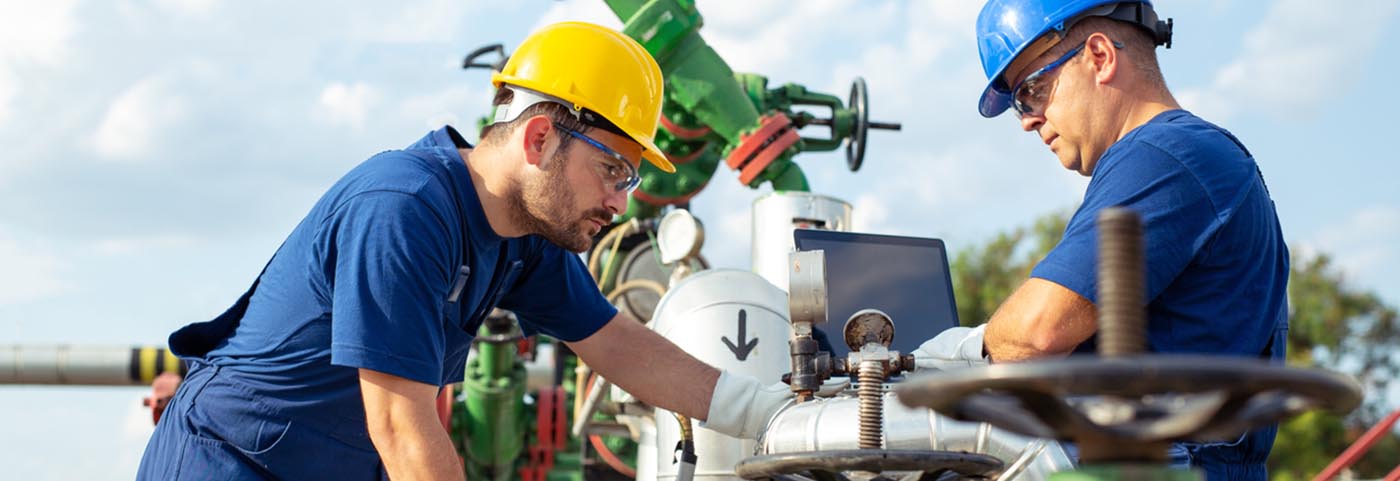Beginning in the 1930s, Texas was the first state in the nation to adopt pipeline safety regulations. In the 1970s, Texas continued its proactive pipeline safety efforts by authorizing the Railroad Commission of Texas (RRC) to enforce the federal minimum pipeline safety regulations for distribution and intrastate pipelines. This forward-thinking approach continues today, with Texas mandating a pipeline integrity management program that exceeds federal mandates and requires more pipelines to be inspected – physically and visually – for safety and reliability. TPA member companies often adopt company policies that go beyond the requirements of both state and federal regulations.
